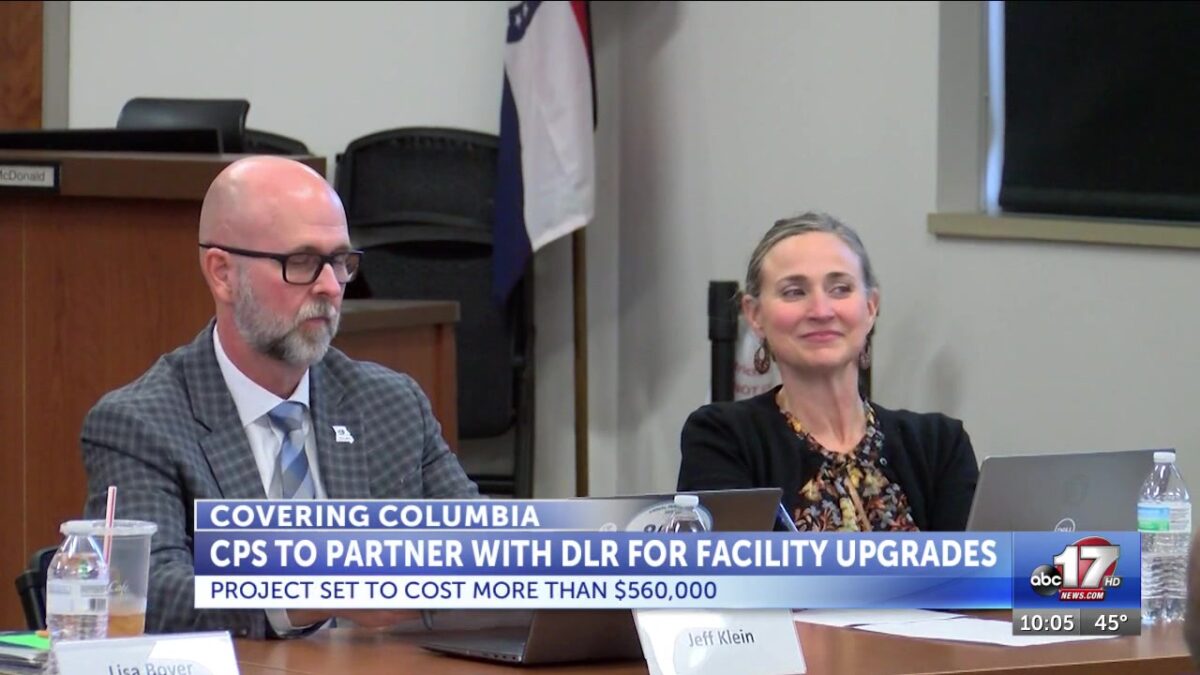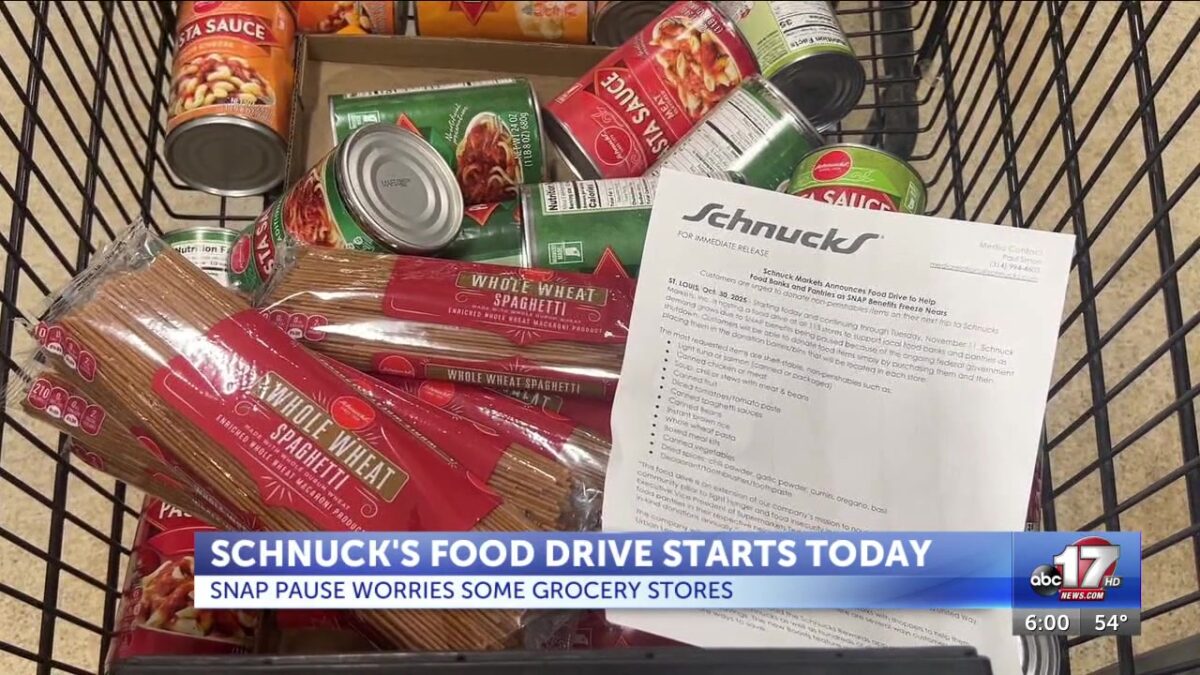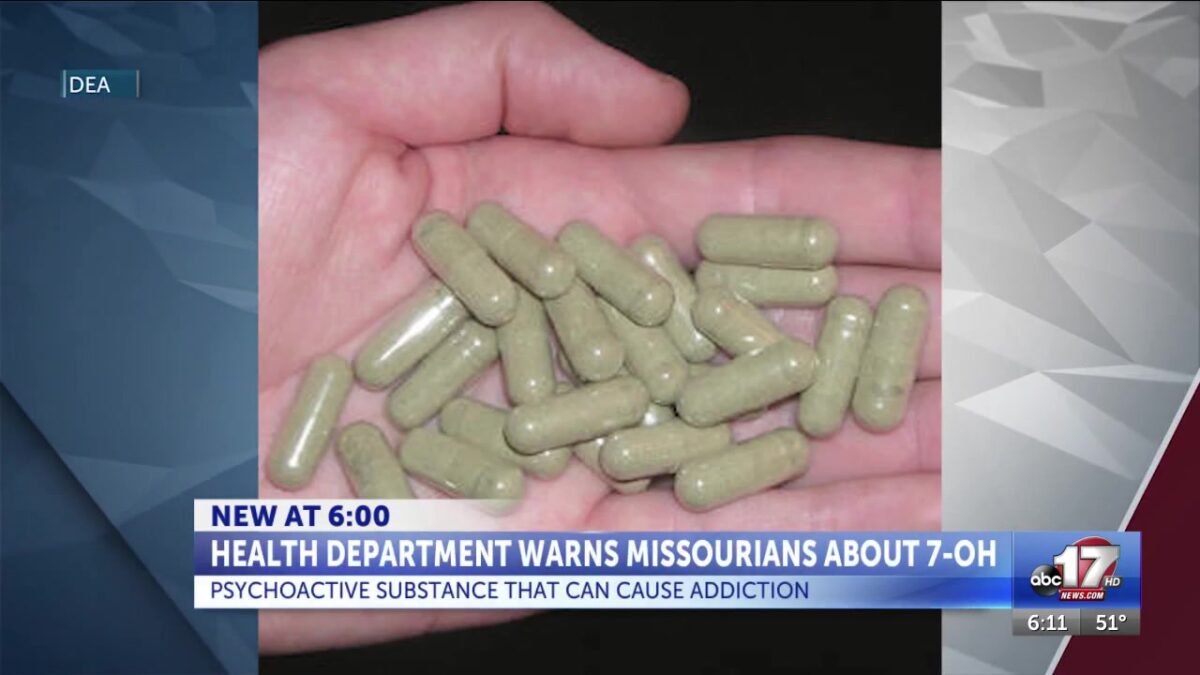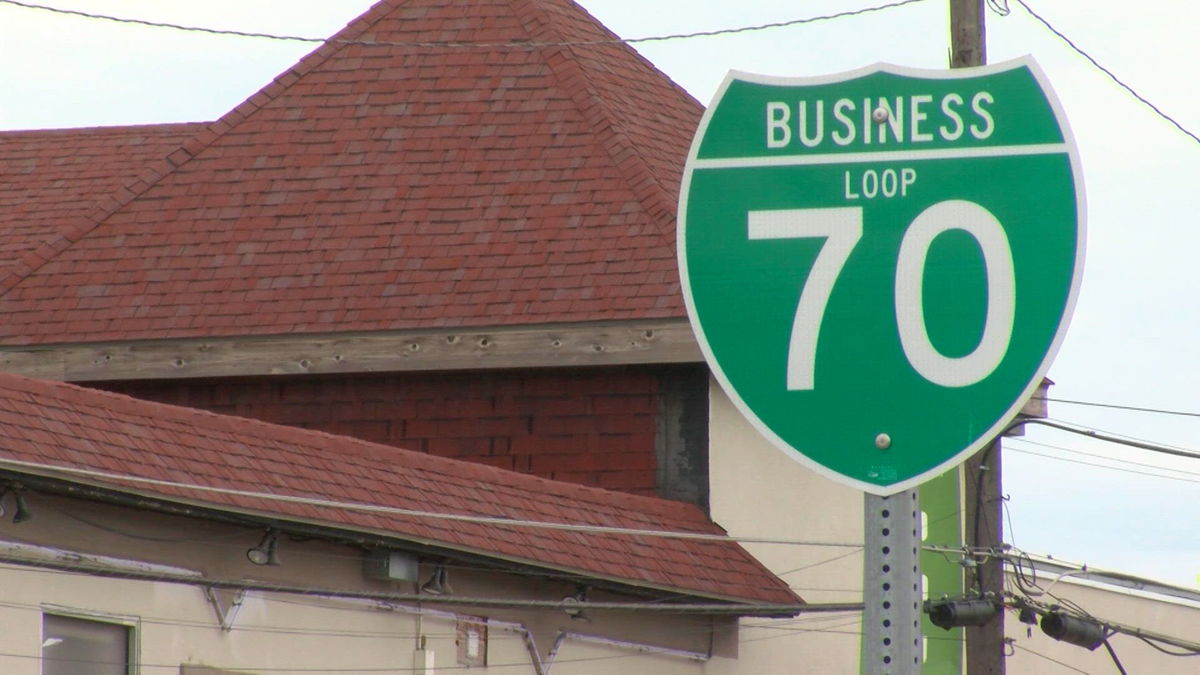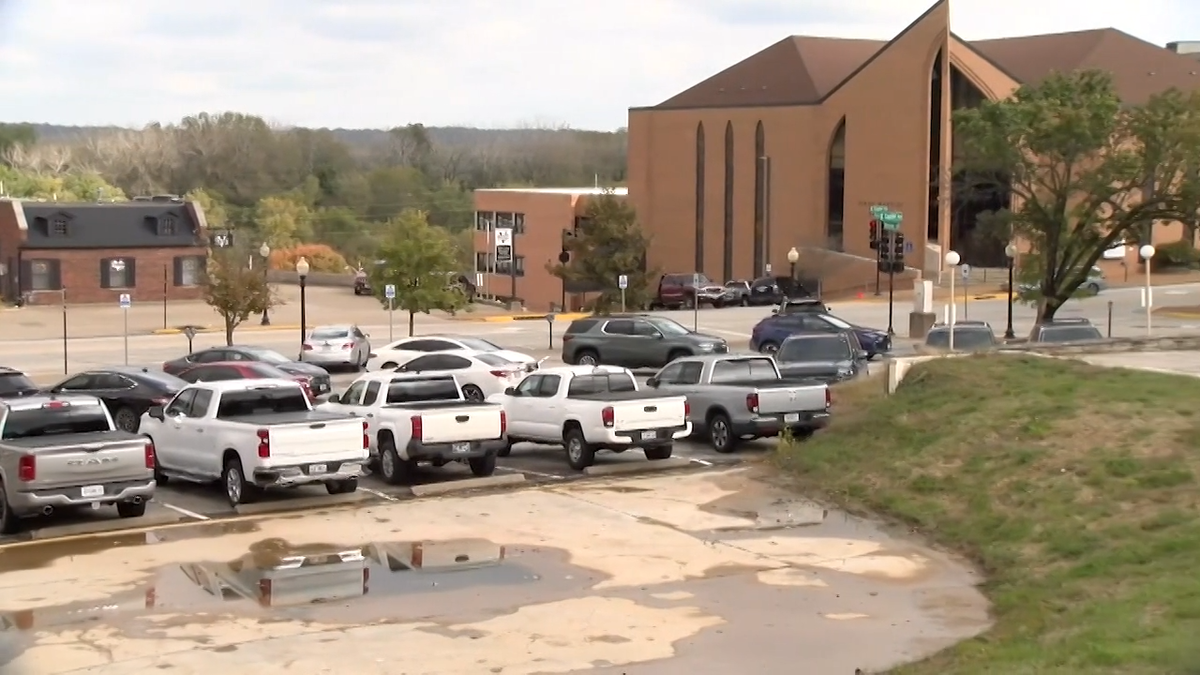Euphenie Andre
COLUMBIA, Mo (KMIZ).
Columbia Public Schools held a meeting Thursday evening to discuss a project worth more than $560,000 focused on a master plan, space utilization, and facility condition audit.
The district said the plan is crucial to help maintain and improve its buildings.
Board members said they recently met with several agencies before deciding that DLR Group was the best fit to help CPS move forward with the project. The district is also parting ways with its former asset management system, Isis.
“We had Isis do our facilities audit in the past and we received that, but there wasn’t anything built into that to really create a plan for that,” said April Ferrao, Columbia Board of Education member.
On Thursday, the board approved having DLR’s space utilization study proposal discussed at its next meeting in November for a first read. Ferrao said DLR previously worked with Kansas City Public Schools, a district similar in size and structure to Columbia.
“Kansas City Public Schools just passed a $474 million bond to address their billion dollars in deferred maintenance, and they’re very similar in size to us,” Ferrao said. “They have 37 buildings with an average age of 60 years old, several more than 100 years old, so it’s a very similar situation. DLR worked with them closely to engage the community, which is something we’re really looking forward to.”
Board members said the assessment will help CPS keep its facilities up to standard.
“They will come into each one of our buildings and assess the condition of various features, then give us information on what needs to be replaced and what kind of replacement cycle something might need to be on,” Ferrao said.
District leaders believe these updates will help schools better serve students.
“As a parent, you would want the best educational environment for your student,” said Lezell Ofield, Columbia Public Schools Chief Operating Officer. “It’s really hard to educate a student in the winter months if the building HVAC system isn’t properly warming the space.”
Ofield also said CPS will now have more control over its data than before.
“Now we’re able to own that information and so we can track each project and put timeliness attached to it and kind of be able to control the narrative and share the information to each of our buildings and the community so we can stay transparent,” Ofield said.
Previously, Ofield said CPS did not have that level of control under its former system.
“The way the ISIS management system worked, we didn’t have access to it for a long time, and then we got access to it from them but in order to update the things that we had already done was a very cumbersome process that they were going to have to do manually,” Ferrao said. “We didn’t have access to do it and so this will be completely ours,”
Due to a tight timeline, CPS said most of this work will take place during the summer months, when students are out of class. The district also plans to hear from the community about which updates should be prioritized but not everything can be addressed at once.
“There’s going to be things that we have to do regardless of how the community feels about it, a priority. You know, we’re going to have to address any safety issues if there’s any compliance, legal compliance issues, health issues,” Ferro said.
Board members said to look out for community engagement opportunities from CPS as they roll out the master plan.
If this proposal receives final approval in December, members say DLR is expected to begin work in January 2027.
Click here to follow the original article.




